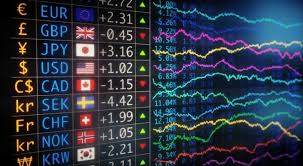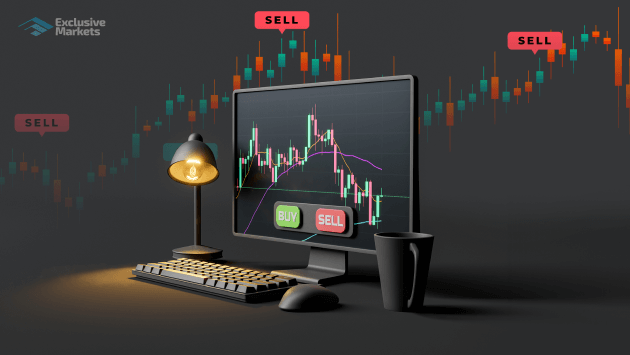
Is Forex Trading Profitable?
Forex trading, or foreign exchange trading, is the process of buying and selling currencies with the aim of making a profit. It represents one of the largest financial markets in the world, with trillions of dollars traded daily. The allure of this market is clear; it offers opportunities for substantial returns. However, is forex trading truly profitable? In this article, we will delve into the intricacies of forex trading, examine its risks and rewards, and consider whether it’s a viable path to profit.
For additional insights and resources on forex trading, you can visit is forex trading profitable Global Trading PK.
Understanding Forex Trading
The forex market operates 24 hours a day, divided into different sessions based on major financial centers like London, New York, and Tokyo. This continuous operation allows traders to buy and sell currencies at almost any time. The primary objective is to exchange one currency for another, anticipating that the price will change in favor of the trader’s position.
The forex market is characterized by its liquidity, volatility, and the availability of leverage, which can amplify both profits and losses. Unlike stock trading, forex trading does not have a central exchange; instead, it operates through a decentralized network of banks, brokers, and financial institutions, contributing to its unique dynamics.
Profitability in Forex Trading
Profitability in forex trading is contingent upon a variety of factors, including market knowledge, trading strategies, risk management, and emotional discipline. Many traders enter the market with the desire to make quick gains. However, the reality often proves to be more complex.
Several studies and surveys have indicated that a significant percentage of retail forex traders lose money. According to some estimates, about 70% to 90% of retail traders fail to profit consistently. The following factors contribute to this high failure rate:
- Lack of Knowledge: Many traders begin trading without a solid understanding of the market fundamentals, technical analysis, or trading strategies.
- Emotional Trading: Greed and fear are powerful emotions that can lead to poor decision-making. Successful traders develop a disciplined approach to avoid emotional pitfalls.
- Over-leveraging: While leverage can magnify profits, it can also amplify losses. New traders often do not fully grasp its implications and may take on excessive risk.
- Failure to Use Proper Risk Management: Effective risk management strategies, such as setting stop-loss orders and managing position sizes, are crucial for long-term success.
Strategies for Profitability
Despite the challenges, many traders find ways to succeed in the forex market. Here are key strategies that can support profitable trading:
1. Education and Continuous Learning
Investing time in education is essential. Aspiring traders should engage in learning through books, online courses, webinars, and demo trading. Understanding market mechanisms, charting techniques, and fundamental analyses can significantly improve trading decisions.
2. Developing a Trading Plan

A well-structured trading plan serves as a roadmap for traders. It should outline specific goals, strategies, risk tolerance, and evaluation criteria. A trading plan helps maintain discipline and provides a clear strategy during various market conditions.
3. Effective Risk Management
Setting appropriate risk levels is crucial. Traders should only risk a small percentage of their overall capital on a single trade. Using stop-loss orders can help mitigate losses by closing positions at predefined levels.
4. Keeping Emotions in Check
Emotional control is paramount in trading. Traders should refrain from making impulsive decisions based on fear or greed. Maintaining a rational mindset aids in following the established trading plan.
5. Utilizing Technical and Fundamental Analysis
Successful traders often integrate both technical and fundamental analysis in their strategies. While technical analysis focuses on price patterns and indicators, fundamental analysis examines economic indicators and news events that can influence currency prices.
The Role of Technology in Forex Trading
Advances in technology have profoundly transformed the forex trading landscape. The availability of sophisticated trading platforms and tools has made it easier for traders to access real-time data, execute trades, and analyze market trends.
Furthermore, algorithmic trading—where automated systems execute trades based on predefined criteria—has gained popularity. While technology can enhance trading efficiency, it also necessitates a thorough understanding and careful implementation to avoid unforeseen risks.
Conclusion
In conclusion, while forex trading can be profitable, it requires extensive knowledge, dedication, and a disciplined approach. The allure of quick profits often leads many traders to underestimate the risks involved. Understanding the market dynamics and implementing effective strategies can enhance one’s chances of success.
It’s important to keep in mind that profitability in forex trading is not guaranteed, and potential traders must engage in thorough research and practice before committing significant capital. Ultimately, the forex market offers a wealth of opportunities—those who take the time to educate themselves and develop robust trading plans can find success amidst the challenges.